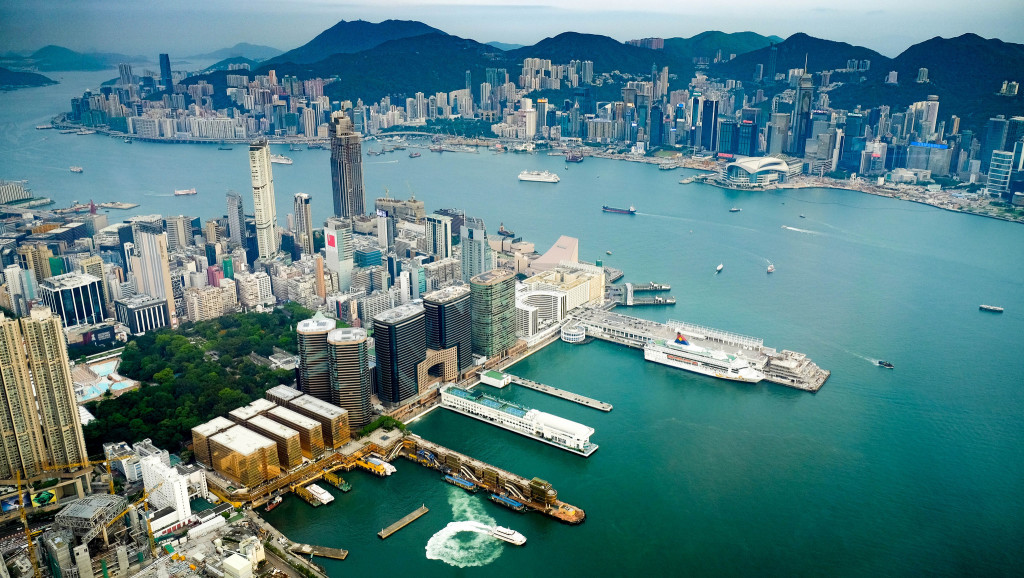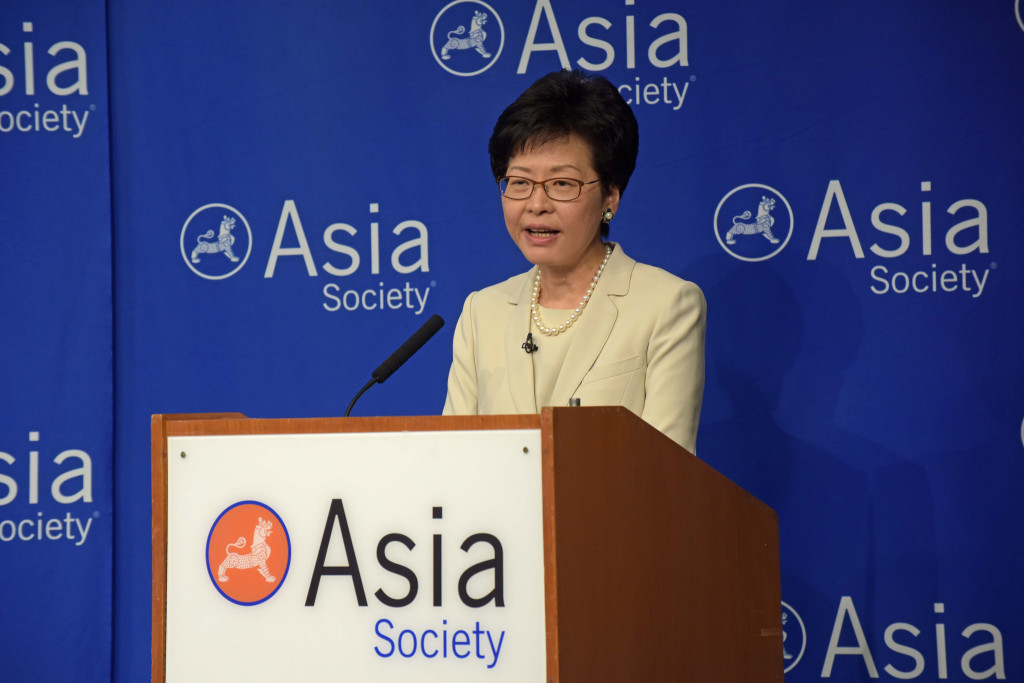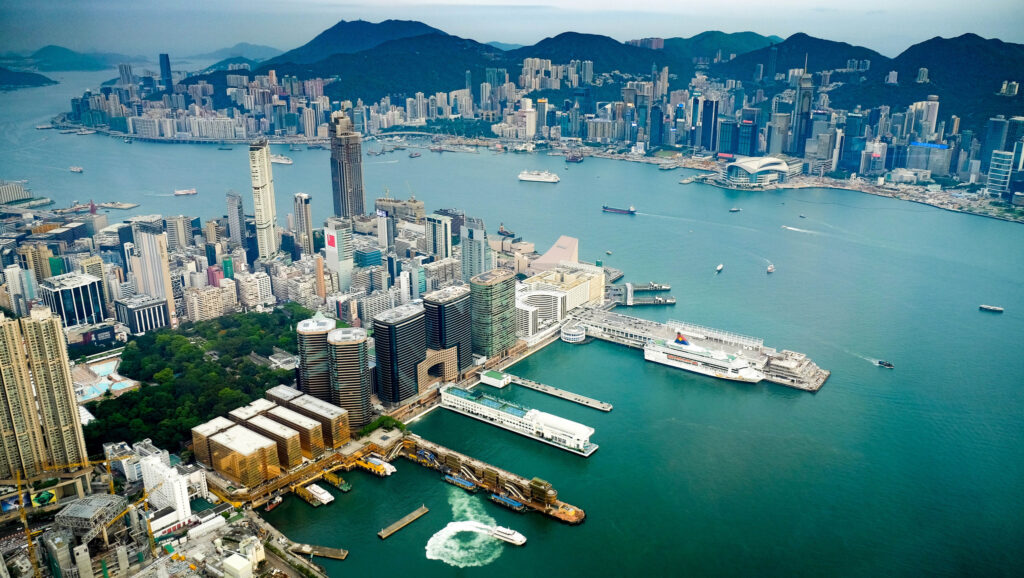
Hong Kong’s chief executive election results have maintained the political status quo, much to Beijing’s liking. However, it also revealed cracks underneath this former colony’s concrete foundation that threaten the stability of this urban jungle city. On March 26th, a small 1,194-member Election Committee casted 777 votes for Carrie Lam, the city’s newest chief executive and first female leader, defeating former financial secretary John Tsang and retired judge Woo Kwok-hing.
During the race, Lam was seen as the Mainland Chinese government’s preferred pick for chief executive. She was the former deputy to the outgoing chief Leung Chun-ying, who was infamously unpopular among Hong Kong citizens for his pro-Beijing sentiments, and Lam shares his similar ideology. In 2014, Lam pushed for electoral reform that would grant universal suffrage for Hong Kong – only after all potential candidates were hand picked by the Chinese Communist Party. This proposition spurred tens of thousands of people to protest on the streets, culminating into the famous “Umbrella Revolution” where protesters used umbrellas as physical shields from the police and as a visual symbol of universal suffrage.
Disputes on how Hong Kong elects its chief executive have been growing feverishly in the past years. Currently, the top leader is elected by a small 1,200-member Election Committee, which makes up only 0.16 percent of the Hong Kong population and is heavily comprised of pro-Beijing elites. Those who criticize this lack of representation also state that this system doesn’t follow Basic Law. According to that constitutional document accepted in 1997 when British colonial hands returned the city back to China, it promised universal suffrage.
This is why John Tsang, who supported direct elections for Hong Kong, was immensely popular among Hong Kong locals even though most locals could not vote for him. Tsang is a well-established civil servant who, despite his elite background, appealed to the public with his laid-back, non-elitist image. Unlike Lam, who seemed so well connected with Beijing, Tsang simply felt closer to the people of Hong Kong.

While this may seem like a pro-Beijing candidate pitted against a pro-democracy one, the issue of electoral reforms belongs to a much larger, growing political fissure in Hong Kong. This complex city has nurtured its own unique Chinese narrative under a capitalist economy formerly under British rule, while the Mainland has developed its own separate personality.
Contemporary Hong Kong now faces an identity divide. The pro-Beijing benefit from economic ties to the Mainland, while others dislike a seemingly overbearing Mainland presence. A few have even called for Hong Kong independence. As the PRC exerts more influence, this identity divide and differing political sentiments will increasingly build up tensions between the opposing sides.
If she could choose, Lam would likely maintain the status quo and please her pro-Beijing supporters. However, the city faces troubling trends that she cannot ignore: low birth rates, an aging population, tremendous income inequality and unaffordable housing. As the elderly population grows older and requires more government social support, Hong Kong will need more young workers. However, the large income gap has left the younger generation dissatisfied with Hong Kong’s lack of social mobility. Meanwhile, the housing crisis needs political and economic reforms so people can have better places to live.
The Mainland government, too, will pay attention to these issues because it highly values domestic stability. Lam will do a fine job at running such an economically important city the way Beijing wants her to run it, but the CCP will exert influence on Hong Kong in other ways. For example, in 2015, five Hong Kong book publishers associated with disseminating books on the Chinese elite went missing and later appeared under Mainland Chinese custody. This is an extreme case, but it shows that Beijing will not stop its surveillance of Hong Kong anytime soon.
In the coming years, it will be Hong Kong who will shape Lam’s legacy, not the other way around. While Beijing wants to strengthen its grip on the city, Hong Kong will continue ever-so-slightly slipping away from Mainland hands because of the city’s continuing social trends and the unwavering spirit of its locals. The yellow umbrella symbol is still found in corners of this modern metropolis, tucked away yet nevertheless thriving.
The views expressed by the author do not necessarily reflect those of the Glimpse from the Globe staff, editors or governors.







